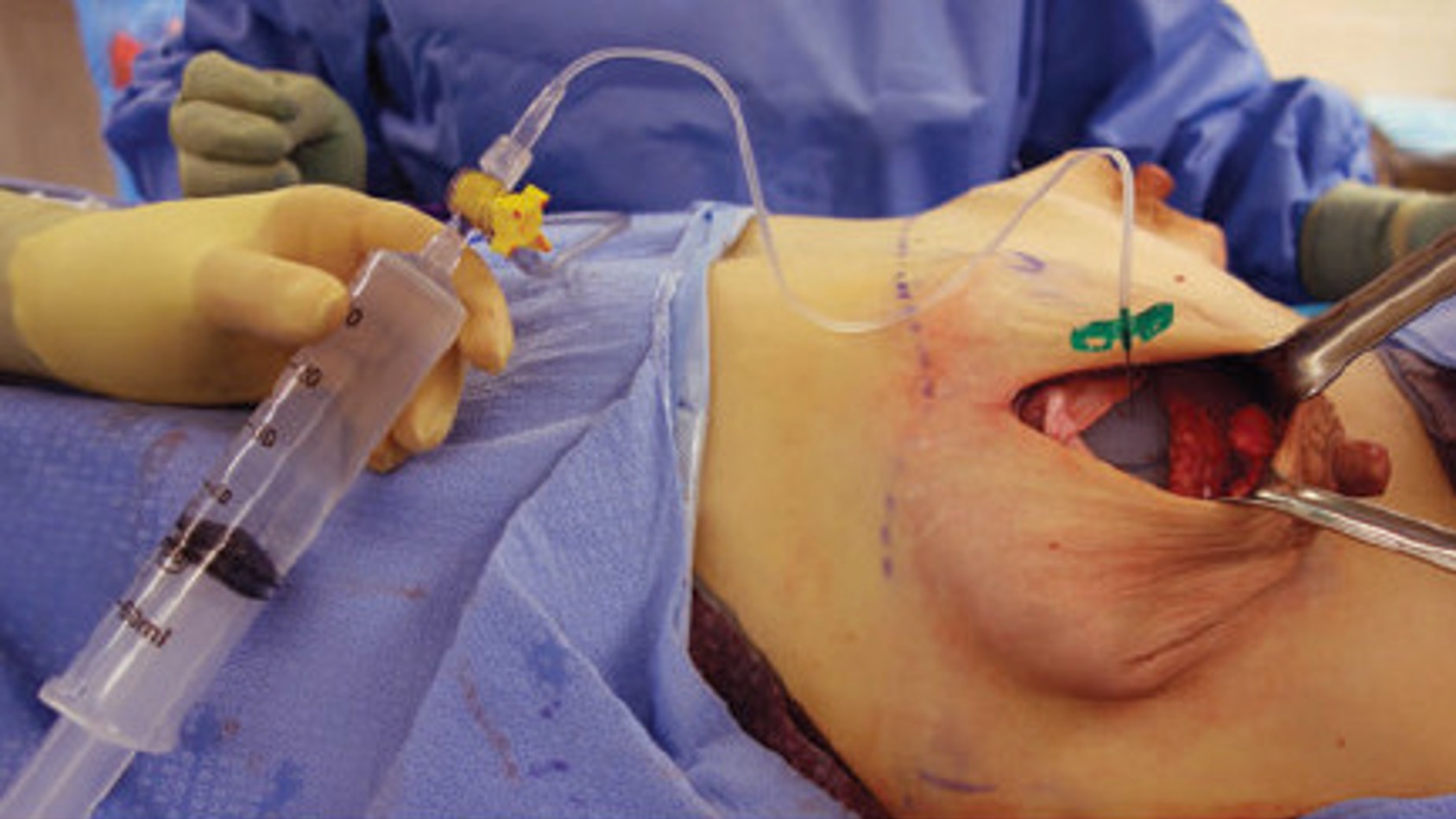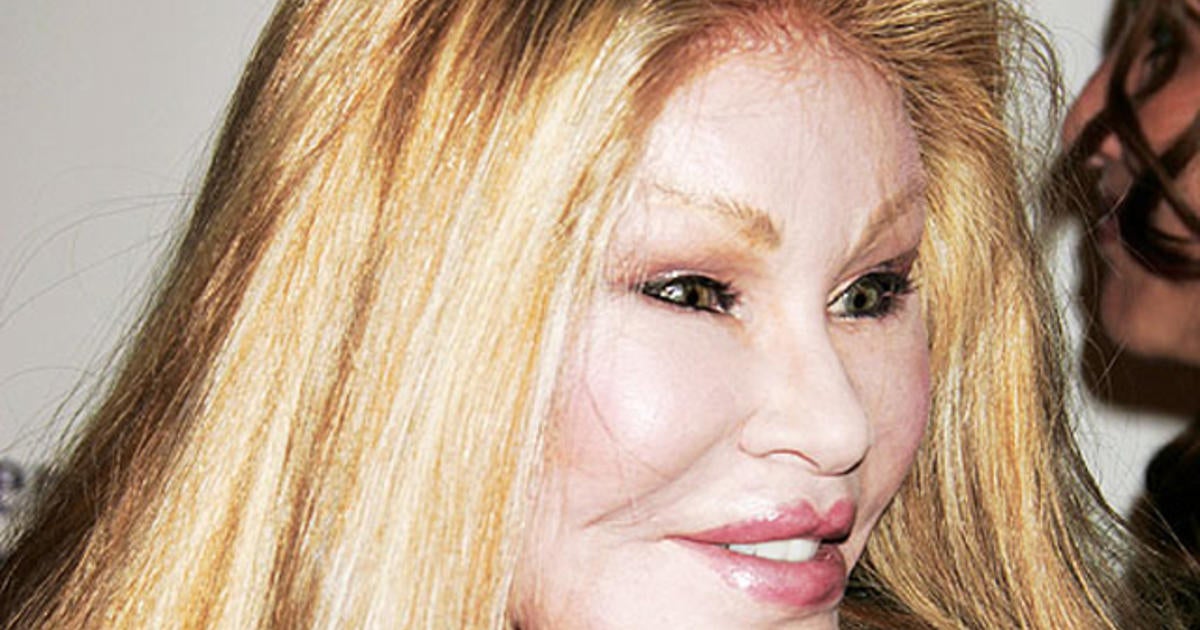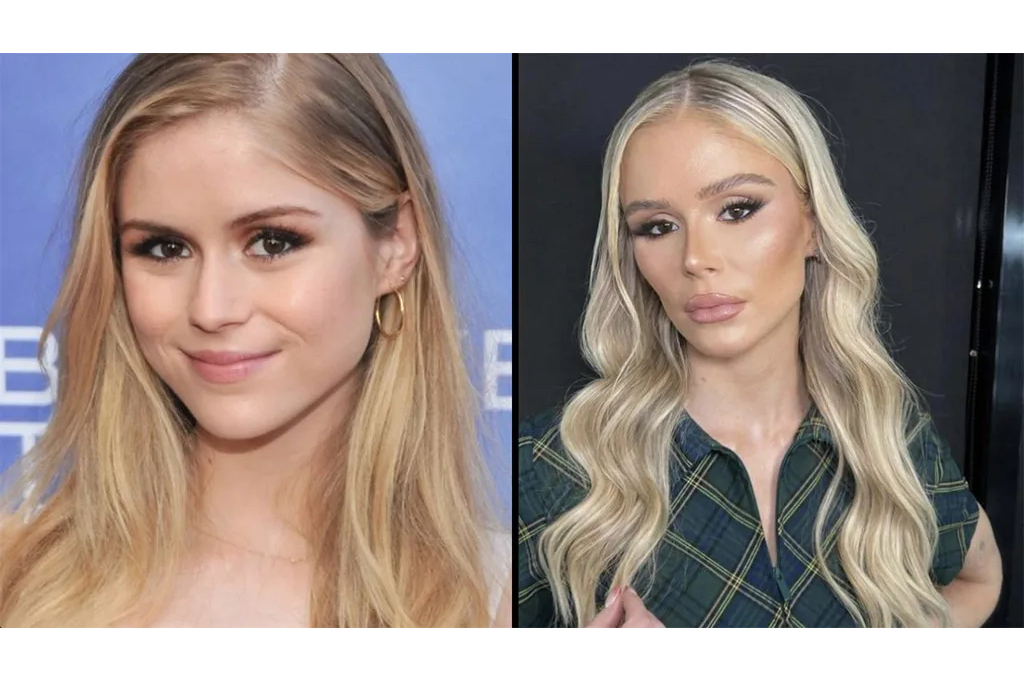Examining the Mental and Social Elements That Drive People to Take Into Consideration Plastic Surgery as a way of Improvement
The decision to seek cosmetic surgery typically expands past plain appearances, intertwining with social and emotional characteristics that merit detailed exam. Factors such as self-worth, pervasive societal elegance criteria, and the pervasive influence of social networks assemble to shape private inspirations for medical enhancement. As these impacts come to be progressively popular, comprehending the underlying emotional and cultural contexts is crucial. What continues to be to be checked out is the extensive effect these aspects have not just on individuality but also on more comprehensive societal standards and values bordering appeal and approval.
The Role of Self-worth
Self-esteem considerably affects an individual's decision to seek plastic surgery. Individuals with reduced self-esteem typically regard themselves in an unfavorable light, causing sensations of insufficiency concerning their physical look. This unfavorable self-perception can drive them to look for medical interventions as an approach of improving their self-image. The wish for renovation in one's appearance is often linked to an idea that such changes will raise their overall self-respect and self-confidence.

Inevitably, the role of self-esteem in the decision-making process concerning cosmetic surgical procedure highlights the complex interaction in between body image, personal contentment, and psychological health and wellness. Recognizing this relationship is important for health care experts to make sure that patients are making informed choices rooted in reasonable assumptions and emotional wellness.
Social Appeal Requirements
Influenced by pervasive media portrayals and cultural stories, societal beauty criteria play a critical duty in forming individuals' assumptions of their own bodies. These requirements are commonly characterized by an idyllic type of beauty that emphasizes attributes such as slimness, proportion, and youthfulness. As these suitables are perpetuated through various networks, consisting of advertising, television, and film, people often internalize these messages, causing dissatisfaction with their all-natural appearance.
The implications of these social standards expand past visual preferences; they can influence self-esteem, mental wellness, and social relationships. Individuals that view themselves as falling brief of these criteria might experience feelings of insufficiency, motivating a desire for cosmetic surgery as a method of accomplishing social authorization. This pursuit is typically fueled by the belief that complying with these suitables will boost not only physical appearance yet also social standing and individual fulfillment.

Impact of Social Network
The impact of social beauty criteria is further amplified by the rise of social networks platforms, where curated photos and idealized representations of elegance are common. Customers are continuously subjected to filteringed system and modified photos, which typically show unattainable physical characteristics. This exposure grows a society of contrast, leading people to evaluate their own look against these typically unrealistic criteria.
Social media site influencers and celebrities regularly advertise cosmetic treatments, normalizing the concept that medical improvements are a viable methods for achieving societal ideals (plastic surgery rancho cucamonga). The exposure of these improvements can produce page an understanding that undertaking cosmetic surgical treatment is a conventional technique, thus affecting people to think about similar treatments as a path to enhanced self-worth and social approval
Additionally, the interactive nature of social media permits immediate feedback through likes and remarks, better reinforcing the need to satisfy popular elegance criteria. Such communications can intensify sensations of insufficiency and drive people toward plastic surgery as a way of obtaining validation. Eventually, social networks plays a crucial duty in shaping understandings of beauty, which substantially affects the decision-making processes bordering plastic surgery.

Cultural Perspectives on Look
Throughout various cultures, understandings of appearance are deeply rooted in historical, social, and financial contexts, forming people' sights on elegance and worth. In many societies, appearance functions as a significant marker of identity, influencing social standing, specialist opportunities, and individual partnerships. As an example, in some societies, light skin is commonly connected with wealth and privilege, while others may glorify darker skin tones as symbols of toughness and authenticity.
Additionally, traditional charm requirements are usually perpetuated through cultural narratives, media depictions, and household influences, leading to varying ideals across various areas (plastic surgery rancho cucamonga). In Western societies, the emphasis on young people and physical conditioning often drives individuals towards cosmetic enhancement, while in specific Eastern societies, more refined changes aligned with standard aesthetics may be liked
Globalization and the spreading of digital media have actually even more made complex these characteristics, developing a hybridization of charm suitables that transcends geographical borders. As individuals significantly navigate these cultural stories, the pressure to comply with certain appearance requirements can bring about the need for plastic surgery, reflecting a complex interaction of social values and personal aspirations. Understanding these social perspectives is important in resolving the inspirations behind plastic surgery considerations.
Psychological Effects of Aesthetic Surgical Procedure
Lots of people looking for cosmetic surgical procedure report experiencing extensive mental impacts that can dramatically modify their self-perception and emotional well-being - plastic surgery rancho cucamonga. The wish for physical improvement frequently stems from underlying problems such More Bonuses as low self-esteem, body dysmorphic disorder, or societal pressures concerning beauty standards. For some, the prompt post-operative phase can cause a short-term increase in positive self-image and fulfillment with their appearance, fostering a feeling of empowerment
However, these favorable feelings might not be withstanding. Study indicates that while some individuals experience boosted self-confidence, others might face heightened anxiousness or depression if their assumptions are not satisfied. This discrepancy can arise from impractical suitables bolstered by media depiction and social narratives bordering charm.
In addition, the psychological ramifications of cosmetic surgical treatment expand beyond the person. Relationships with family members and good friends may be stressed as social characteristics change, leading to sensations of seclusion or alienation. Inevitably, the mental impacts of plastic surgery are intricate and read more complex, needing mindful factor to consider by both prospective patients and doctor to ensure enlightened decision-making and practical expectations.
Conclusion
To conclude, the choice to seek cosmetic surgery is considerably influenced by a combination of self-worth issues, societal appeal criteria, and social perspectives on look. The prevalent reach of social networks further exacerbates these pressures, advertising impractical perfects that people frequently aim to acquire. Comprehending these social and psychological elements is essential for resolving the inspirations behind cosmetic surgical procedure, highlighting the demand for a much more nuanced conversation surrounding appeal and self-acceptance in contemporary culture.
The choice to seek cosmetic surgery typically expands past plain aesthetic appeals, intertwining with social and psychological characteristics that merit complete evaluation. Eventually, social media plays a pivotal duty in forming understandings of charm, which dramatically influences the decision-making procedures surrounding cosmetic surgery.
As people progressively navigate these social narratives, the stress to adapt to certain look standards can lead to the need for cosmetic surgery, mirroring a complicated interaction of individual ambitions and cultural worths.In final thought, the choice to go after cosmetic surgery is significantly affected by a mix of self-worth concerns, societal beauty criteria, and cultural point of views on appearance. Understanding these social and psychological factors is important for resolving the motivations behind cosmetic surgery, highlighting the demand for a more nuanced conversation bordering elegance and self-acceptance in contemporary culture.